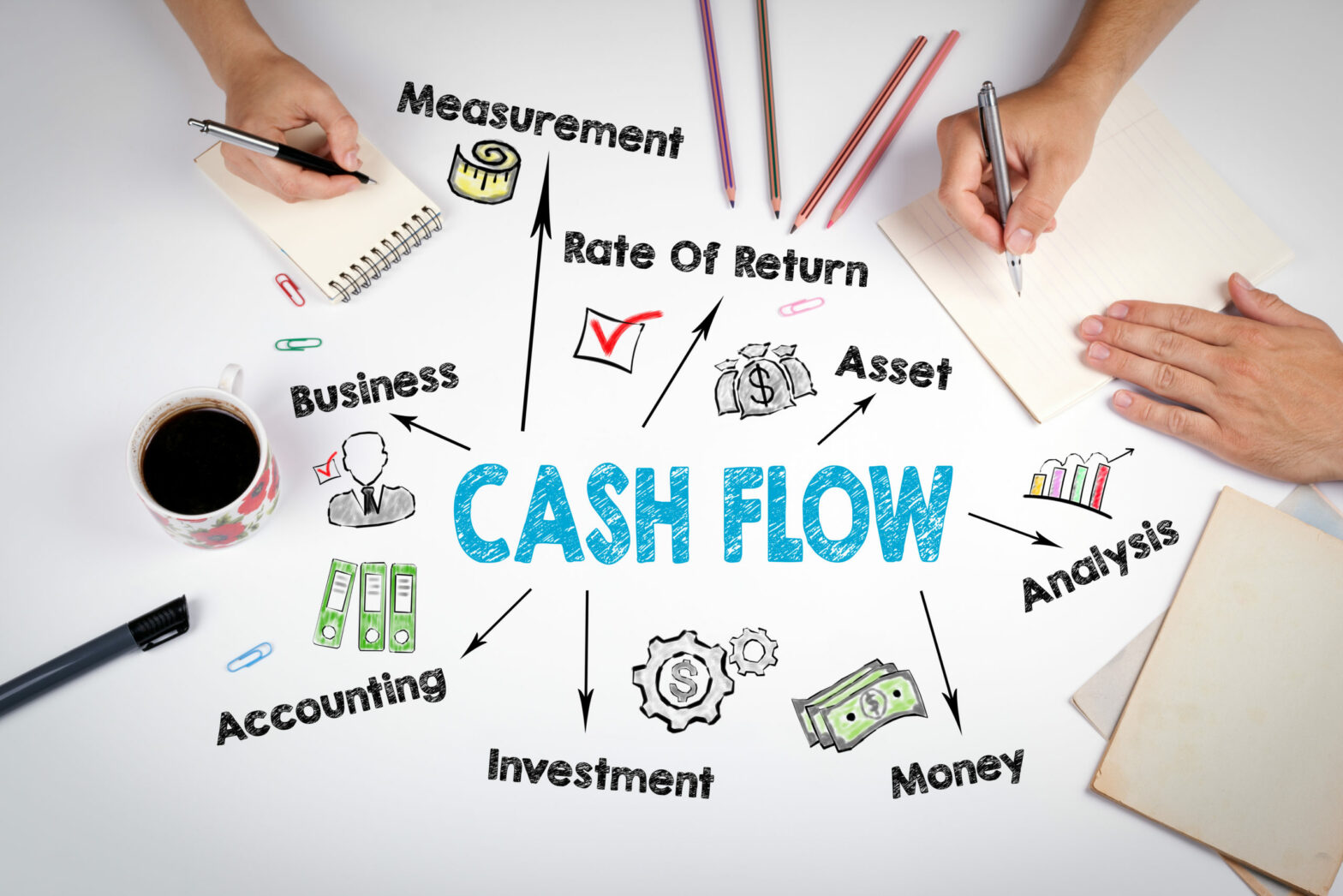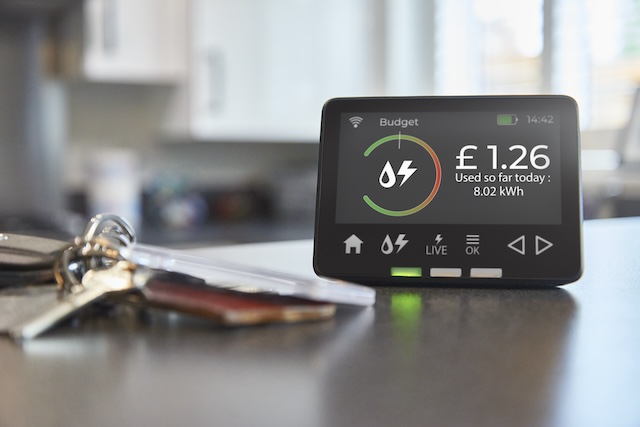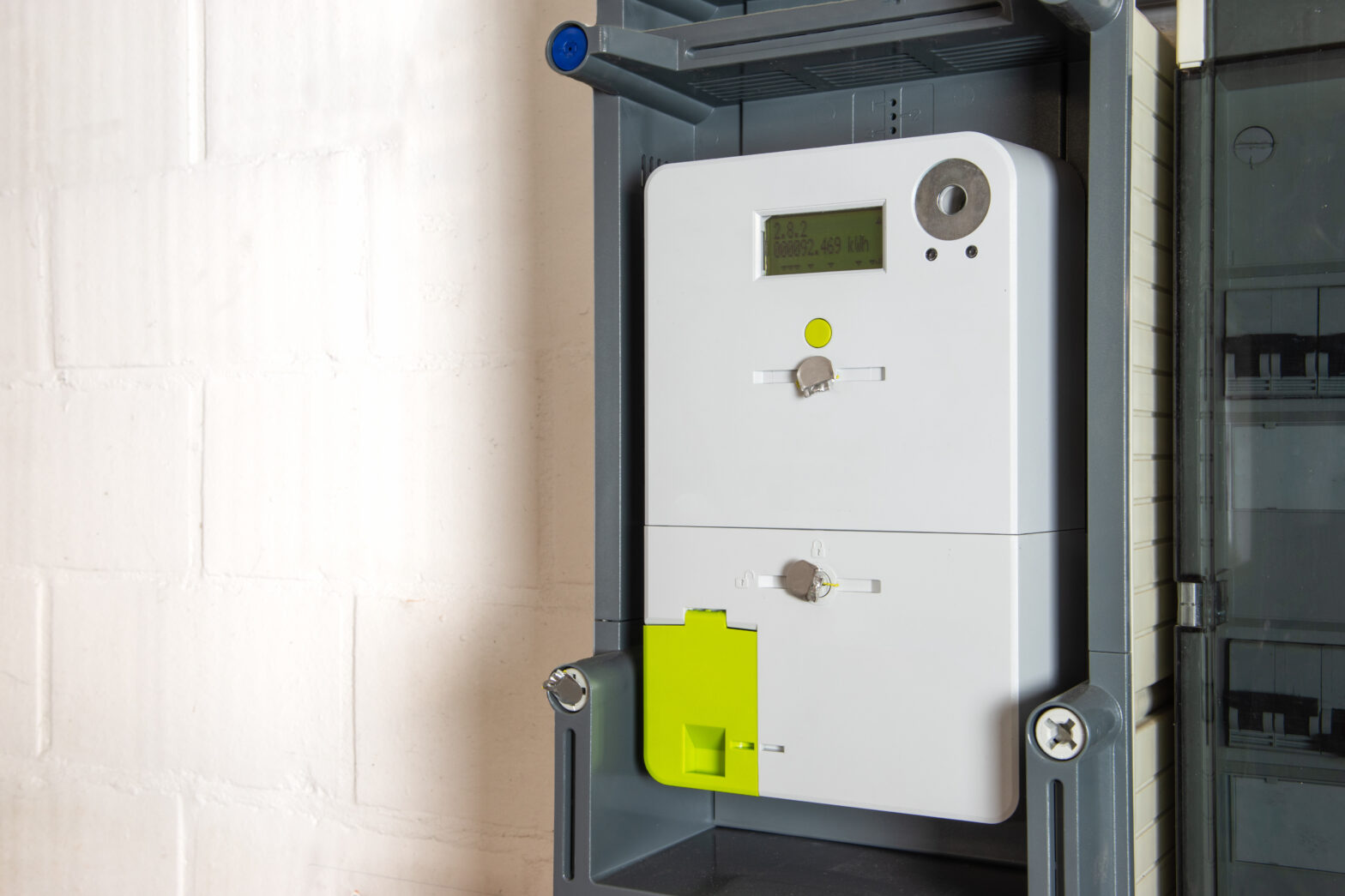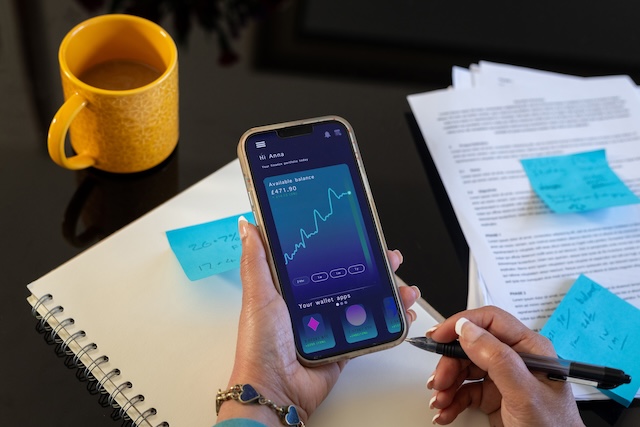While small businesses can only do so much to encourage more customers during the lockdown what they can do is look at their businesses cash flow and manage it more efficiently.
In a survey back in July 2020, worried small business owners including retailers, hairdressers and builders estimated they had an average of just NINE weeks left before they would be forced to stop trading.
Thankfully many made it through this period and started trading again, but the challenges remain with the second national lockdown in England, and similar versions affecting businesses in Scotland and Wales.
Research by Smart Energy GB, which surveyed the owners of 1,000 businesses of firms with less than 10 employees, revealed the biggest concerns for owners are a lack of customers, cash flow issues and that consumer confidence won’t return quickly enough.
Michelle Ovens MBE, Founder of Small Business Britain, created money saving tips which include embracing new technologies such as smart meters, which help you to identify ways to reduce your energy consumption and therefore save money.
In the research, 56% agreed having a better understanding of their energy use would give them greater control over their business expenditure. Energy is the second most common cost that microbusiness owners estimate, only behind tax.
Robert Cheesewright, Director of Corporate Affairs at Smart Energy GB, said: “Even though microbusiness owners have taken a forensic approach to their expenditure, and continue to make some difficult cost-cutting measures, energy is still viewed as a cost that can only be estimated.
“One easy step that will give microbusiness owners control back over their energy costs is contacting their energy supplier to see if they are eligible for a smart meter. This will help them keep better track of their energy and give them the information they need to reduce their consumption — in fact, 44% of those surveyed who have had one installed say it has highlighted areas of spending they weren’t aware of.”
To find out if your small business is eligible for a smart meter, contact your energy supplier or go to https://www.smartenergyGB.org/en
Michelle Ovens’ MONEY SAVING AND CASHFLOW TIPS FOR SMALL BUSINESSES
- Forecast cash flow. To save money, you first need to know where it’s going and when it’s coming in. While there’s some sophisticated cash flow software out there, sitting down with a simple spreadsheet to plot different financial scenarios can be just as effective too.
- Access financial support. There’s lots of financial support out there such as the Government’s furlough scheme, Bounce Back Loans and Business Interruption Loans.
- Cut costs. Two thirds of small businesses have changed their business model as a result of the crisis. Interrogate all your spending to see if there are new ways to save.
- Shop around. If you have costs coming up for renewal, take the time to search for deals. You may find discounts through business price comparison sites, partners and member bodies, or even referral schemes offered by other small businesses.
- Save energy, save money. Energy usage is one of the expenses small businesses are most likely to estimate. A great way to understand how much energy you’re using, identify ways to reduce your consumption and therefore save money, is by getting a smart meter installed. Contact your energy supplier to find out if your small business is eligible for an installation.
- Negotiate openly. Open up a conversation with everyone you can to see if it’s possible to arrange discounts, or more manageable payment terms. Speak to your accountant, or HMRC, about taking up the current offers to defer tax payments like VAT to aid cashflow.
- Embrace digital and technology. A smart energy meter is a simple piece of tech. Check out what support you can access via any existing digital partners such as Google’s SME ad credits or the American Express Shop Small offer.
- Find support groups. Many business schools offer free support through their networks, particularly those belonging to the Small Business Charter. There are also regular, free online events through Small Business Britain’s Facebook channels.
About smart meters and the rollout
Britain is committed to a cleaner future – one with zero carbon, zero emissions and reduced pollution.
To make this happen, our nation requires a major upgrade to its energy infrastructure, specifically, it requires the creation of a smart energy system. Smart meters, which replace traditional, analogue meters, are the building blocks of a more reliable, clean and affordable energy infrastructure, allowing Great Britain to better manage energy use, transition to mass uptake of electric vehicles and to build a greener economy.
There are already 17.3 million smart meters installed in homes and microbusinesses across Great Britain. Every household in England, Scotland and Wales can now see their energy use in near real time, receive accurate bills and do their bit for the planet, by requesting a smart meter, at no extra cost, from their energy supplier.
For more information about the how to install a smart meter in your workplace, visit the Smart Energy GB website at smartenergyGB.org
This article is part of a paid-for information campaign for Smart Energy GB





